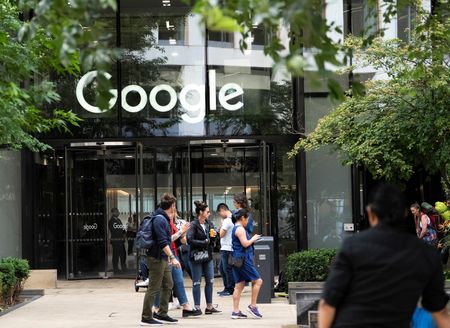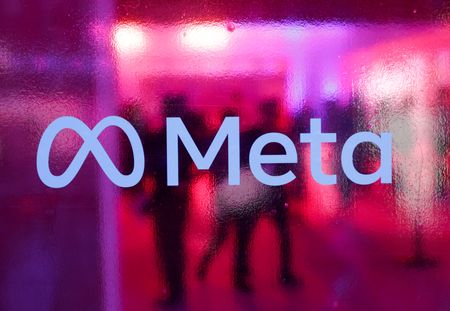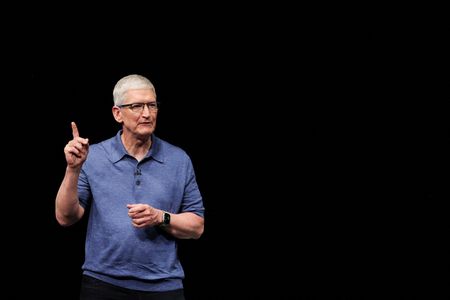By Foo Yun Chee
BRUSSELS (Reuters) -Big Tech deals to acquire skills rather than major companies may soon come under the regulatory scrutiny they previously avoided, the outgoing head of the European Commission’s antitrust unit said.
Acquihires, in which Big Tech hires start-ups’ founders and senior managers rather than acquire the companies, have been viewed by antitrust regulators as an attempt to evade merger rules.
“It is important to preserve effective competition,” Olivier Guersent, the director general at the competition unit, told Reuters in an interview earlier this week and ahead of his retirement on Thursday after a 33-year career tackling antitrust, cartels and financial services.
He said the Commission was pushing national agencies with call-in powers to act. Such powers, enjoyed by Denmark, Hungary, Ireland, Italy, Sweden, Slovenia, Lithuania and Latvia, allow them to refer below-EU threshold mergers to the EU enforcer.
“So we need to be patient and have enough member states that have call-in provisions and use them. But we are working on it. Within the ECN, we are actively encouraging it to do so,” Guersent said. The European Competition Network is a forum for cooperation between the Commission and national regulators.
Guersent said acquihires can be considered a merger as staff are part of a company’s assets.
Instances include Microsoft’s $650 million deal to hire most of AI start-up Inflection’s staff, including its co-founders and Google’s poaching of employees from chatbot startup Character.AI, both last year.
Last month Google hired staff members from AI code generation startup Windsurf.
Amazon hired AI firm Adept’s co-founders and some of its team in June last year, while Meta poached data-labelling startup Scale AI’s CEO in June after taking a multi-billion dollar stake.
Guersent, who spearheaded the EU’s landmark Digital Markets Act that aims to curb Big Tech’s power, said the results were encouraging.
“It made a difference in fields in which decades of antitrust enforcement have not managed to make a difference,” he said.
“Did it change everything as much as we would have liked? Probably not. So that’s why success is always relative,” he said, contrasting Apple’s changes to its closed ecosystem with Meta’s pushback.
(Reporting by Foo Yun Chee; editing by Barbara Lewis)











